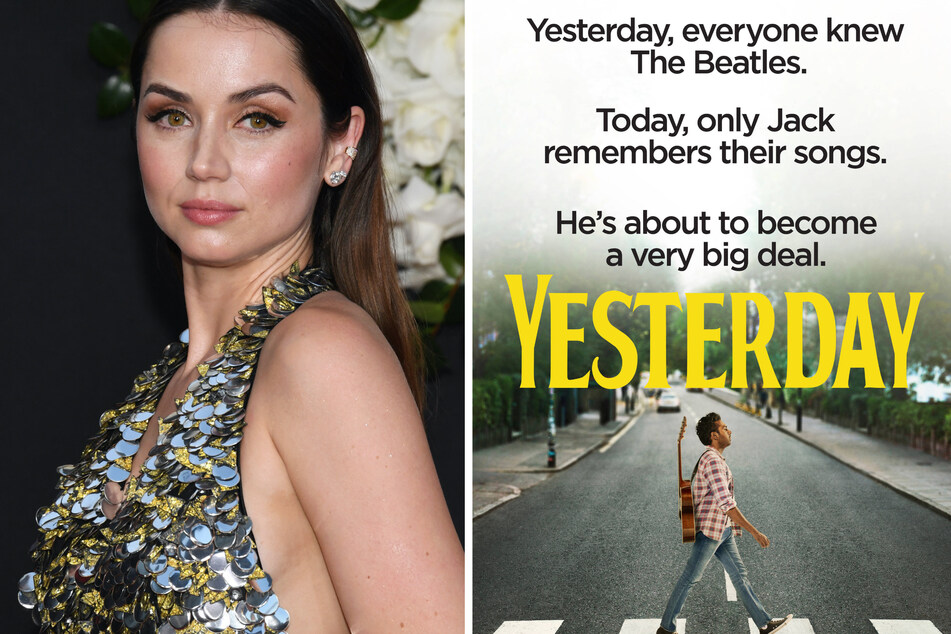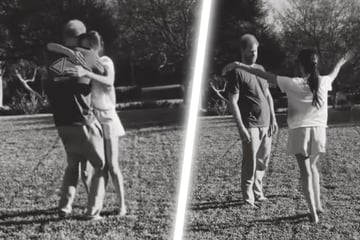Lawsuit from Ana de Armas' fans leads to shocking ruling for movie studios
Los Angeles, California - Don't mess with Ana de Armas stans! A lawsuit filed by two of the star's die-hard fans has led to a surprising ruling that will significantly affect how movie studios promote their upcoming films.

Two fans of de Armas filed a lawsuit in Los Angeles over the 2019 Universal film Yesterday. They each rented the movie for $3.99 on Amazon after seeing the 34-year-old actor in the trailer.
But when they watched it, it turned out that the Blonde star had been cut from the final film entirely.
The plaintiffs, Conor Woulfe and Michael Rosza, took their disappointment to court in search of at least $5 million as representatives of the larger pool of movie viewers.
Per Variety, the court has rejected Universal's attempt to have the lawsuit thrown out, and US District Judge Stephen Wilson has issued a ruling that leaves movie studios vulnerable to lawsuits over deceptive trailers.
Universal responds to the plaintiff's complaints

In response to the suit, Universal argued that movie trailers should be granted the protections of the First Amendment.
Judge Wilson countered this argument by saying that trailers are technically commercial speech.
"At its core, a trailer is an advertisement designed to sell a movie by providing consumers with a preview of the movie," he said.
Universal disagreed with the notion that a trailer should be considered commercial speech, arguing that trailers could then make movie studios "subject to burdensome litigation anytime a viewer claimed to be disappointed with whether and how much of any person or scene they saw in the trailer was in the final film."
Wilson's ruling that trailers are indeed commercial speech has raised some pressing questions about how this will affect future movie promotion.
What does this lawsuit mean for movie studios?

The ruling that movie studios can be sued for deceptive trailers may significantly impact the future of film marketing.
Fans have noted that Marvel Studios often edits the footage used in trailers to cover up plot twists from their films.
When the second trailer for Spider-Man: No Way Home dropped, eagle-eyed fans noted that a single Spider-Man faced off against three villains in one of the battle scenes.
With so much speculation around the return of Tobey Maguire and Andrew Garfield, MCU stans were convinced that the two actors had been edited out of the scene.
And sure enough, they were.
This type of deception serves to preserve the surprises hidden in the film. In the wake of the Yesterday ruling, many fans have said they prefer these somewhat deceiving trailers, especially compared to trailers that reveal too much of the film's content.
On the other hand, instances like the Yesterday trailer are much different, as they present the inclusion of something that didn't make the final cut as opposed to the exclusion of a surprise reveal.
Wilson states in the ruling that the false advertising law will only be applicable in situations in which it's plausible that a substantial number of "reasonable consumers" could be misled by the trailer. "The Court's holding is limited to representations as to whether an actress or scene is in the movie, and nothing else," he said.
Nevertheless, the ruling will likely introduce a significant gray area when it comes to the division between purposefully deceptive trailers and outright misleading trailers.
Cover photo: collage: JON KOPALOFF / GETTY IMAGES NORTH AMERICA / GETTY IMAGES VIA AFP, IMAGO / Everett Collection

